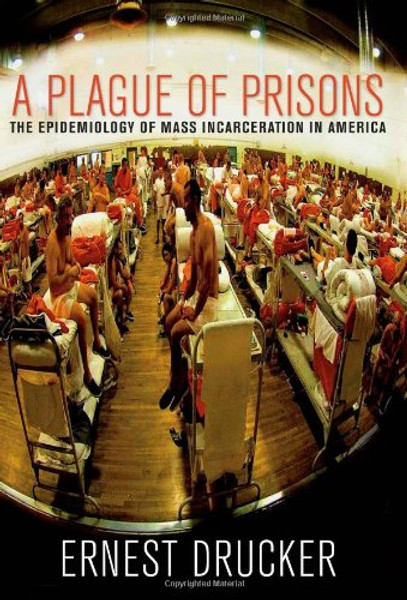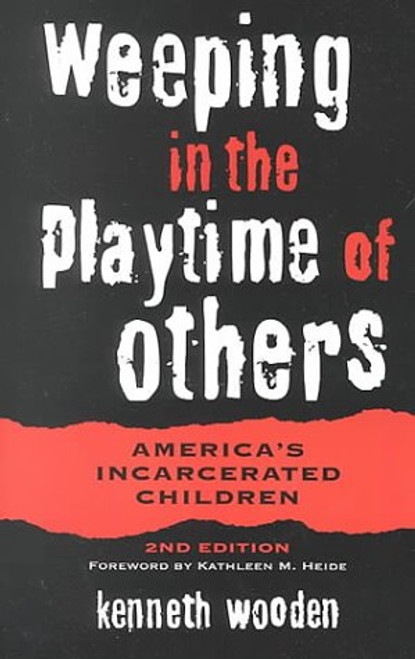Product Overview
When Dr. John Snow first traced an outbreak of cholera to a water pump in the Soho district of London in 1854, the field of epidemiology was born. Taking the same public health approaches and tools that have successfully tracked epidemics of flu, tuberculosis, and AIDS over the intervening one hundred and fifty years, Ernest Drucker makes the case that our current unprecedented level of imprisonment has become an epidemica plague upon our body politic.
Drucker, an internationally recognized public health scholar and Soros Justice Fellow, spent twenty years treating drug addiction and another twenty studying AIDS in some of the poorest neighborhoods of the South Bronx and worldwide. He
compares mass incarceration to other, well-recognized epidemics using basic public health concepts: prevalence and incidence, outbreaks, contagion, transmission, and potential years of life lost.
He argues that imprisonmentoriginally conceived as a response to individuals crimeshas become mass incarceration: a destabilizing force that undermines the families and communities it targets, damaging the very social structures that prevent crime.
Sure to provoke debate, this book shifts the paradigm of how we think about punishment by demonstrating that our unprecedented rates of incarceration have the contagious and self-perpetuating features of the plagues of previous centuries.
Drucker, an internationally recognized public health scholar and Soros Justice Fellow, spent twenty years treating drug addiction and another twenty studying AIDS in some of the poorest neighborhoods of the South Bronx and worldwide. He
compares mass incarceration to other, well-recognized epidemics using basic public health concepts: prevalence and incidence, outbreaks, contagion, transmission, and potential years of life lost.
He argues that imprisonmentoriginally conceived as a response to individuals crimeshas become mass incarceration: a destabilizing force that undermines the families and communities it targets, damaging the very social structures that prevent crime.
Sure to provoke debate, this book shifts the paradigm of how we think about punishment by demonstrating that our unprecedented rates of incarceration have the contagious and self-perpetuating features of the plagues of previous centuries.







